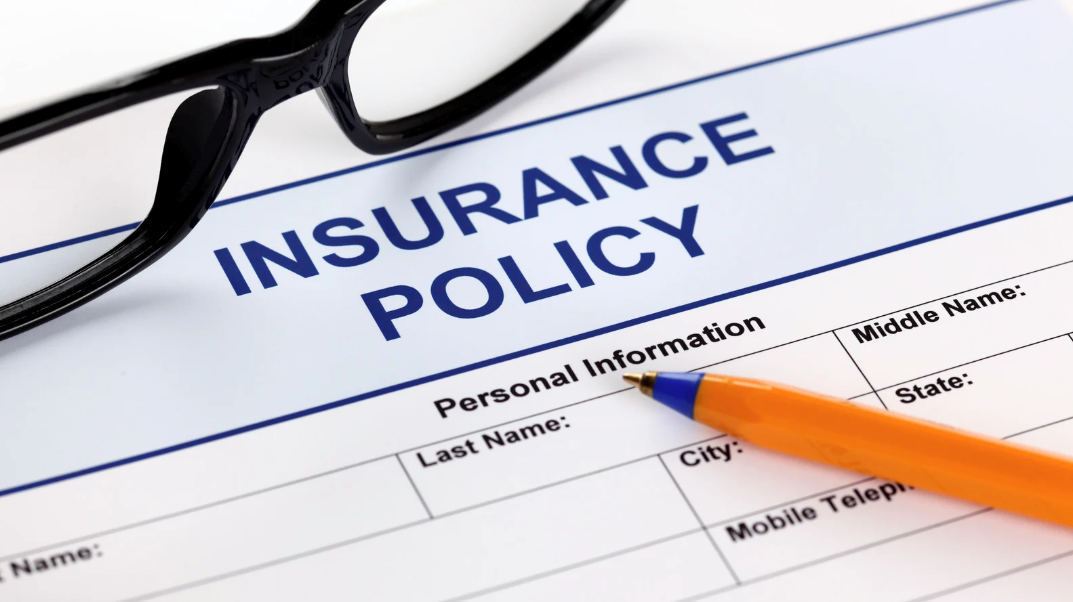Investing in rental property can be financially rewarding, but it also brings responsibility. One critical aspect of managing a rental is ensuring it’s properly protected. A standard homeowners’ policy doesn’t offer sufficient coverage for a property used as a rental. That’s where landlord insurance comes into play.
Whether you’re managing one property or multiple units, understanding the essentials of landlord insurance in Decatur, GA, is vital to securing your investment against damage, liability claims, or rental income loss.
Key Coverage Areas Every Landlord Needs
Before choosing a landlord insurance policy, ensure it covers the most important areas. The primary function of the policy should be to protect the building structure. This includes damage from fire, storms, theft, vandalism, or certain types of water damage. Without this, landlords could be left covering major repair costs themselves.
Loss of rental income coverage is another essential feature. If the property becomes uninhabitable due to a covered incident, this coverage helps recoup the rental income lost during repairs. Liability protection is equally important. If a tenant or visitor is injured on the property, your policy should cover medical expenses and potential legal costs.
In growing markets, it’s important to explore policies tailored to insurance in Atlanta, GA, where urban density and property value fluctuations increase the need for flexible and localized protection.
Optional Endorsements and Add-Ons
A strong landlord policy goes beyond the basics. Many insurers offer additional coverage options that can further protect your assets. Consider endorsements for appliance breakdowns, legal fees from tenant disputes, or water backup damage. These options offer support for unexpected scenarios that can quickly escalate in cost.
If you provide furnishings or appliances within the rental, your policy should include personal property protection for those items. However, note that tenant belongings are typically not covered by landlord insurance. Encourage tenants to obtain their own renters’ insurance to protect their possessions.
A good policy will also clearly define how it handles accidental damage versus intentional damage by tenants, and whether neglect-related claims are covered. These distinctions can determine how much compensation you receive if damage occurs.
Why Landlord Insurance Is a Necessity
Landlord insurance isn’t just a safeguard, it’s a strategic tool that protects your long-term investment. Many property owners realize the value of such policies only after facing issues like tenant damage or unanticipated vacancies. These experiences underscore why landlord insurance is necessary for any serious rental property owner. Without it, even one event can cause significant financial disruption.
Additionally, inflation and rising repair costs make it crucial to review and adjust your coverage annually. A stagnant policy might not reflect current construction rates or property values, leaving gaps in protection when you need it most.
Conclusion
Selecting the right landlord insurance policy requires a detailed look at both standard protections and potential gaps. By securing coverage for property damage, liability, and lost rental income, landlords can minimize risk and maximize peace of mind. With customizable endorsements and awareness of location-specific needs, a good policy serves as both a financial safety net and a long-term investment shield.

